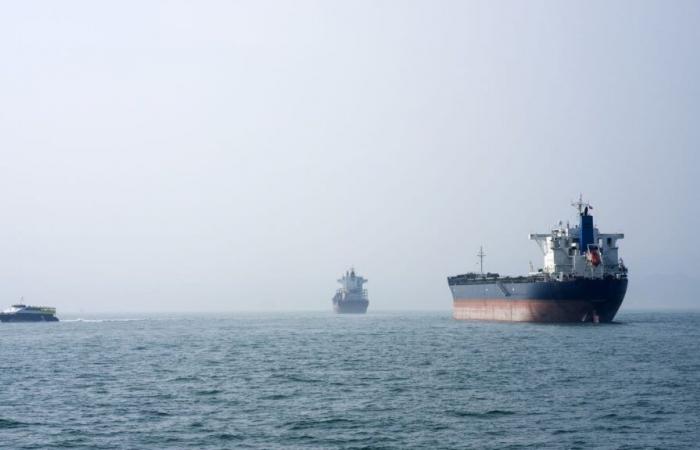The return of Donald Trump as President of the United States on Monday January 20 is being closely followed around the world. But the stakes are particular in certain countries, notably those which are on the front line facing Beijing’s growing military power. This is the case of the Philippines, a former American colony, where a conflict with China is playing out in the South China Sea. While under the presidency of Joe Biden, the two countries have strengthened their ties, Manila today fears that Donald Trump will go back on the long tradition of cooperation between the two countries.
The military alliance between the two countries against Beijing is not new. Their first mutual defense treaty was signed almost 75 years ago in 1951, in the middle of the Korean War. So here, American military influence is significant: the superpower is present on around ten military bases in the exclusive economic zone of the Philippines. And these military bases are located near several strategic islets that belong to the Philippines, but claimed by China.
In fact, China considers these islets to be part of its “historic territory”. And the more the Chinese superpower grows and asserts itself in this territory, the more the United States becomes involved alongside the Philippines. Again on Sunday, January 19, the two countries engaged in joint military exercises off the coast of Manila.
With the return of Donald Trump, the fear is that he will return to an isolationist and transactional foreign policy. During his first term, he affirmed strong support for the Philippines. It was he, in 2017, who developed an American Indo-Pacific strategy. But his return to power reshuffles the cards, because it is unpredictable. Some are afraid of an overly aggressive policy towards China.
-A specialist in geopolitics in the South China Sea, Chester Cabalza, points to the appointment of several defense officials known to be “warlike” : “These are policymakers who are hostile to China. So, given the current developments in the United States, I think there will be a further escalation”he fears. The risk for the Filipinos is therefore to be trapped in the middle of a regional war between the two superpowers.
Filipinos know that their exclusive economic zone is coveted. Their waters are full of natural resources, fishing resources. And above all, the South China Sea is a major shipping route, where a large part of international trade passes.
Neri Colmenaras, member of the left-wing Bayan Muna party, publicly expressed his concern about an overly interventionist American policy in the archipelago. “They act according to their own interests rather than the interests of Filipinoshe said. Conflict resolution should be led by countries that are affected by the conflict. China’s presence in the South China Sea : Vietnam, the Philippines, Brunei, Malaysia. We do not want to get rid of a tyrant in China, only to have him replaced by a tyrant of the United States.” Now, it remains to be seen how the administration of President Marcos will deal with a Trump 2.0, to prevent the Philippines from becoming a pawn on the chessboard of a great power.






